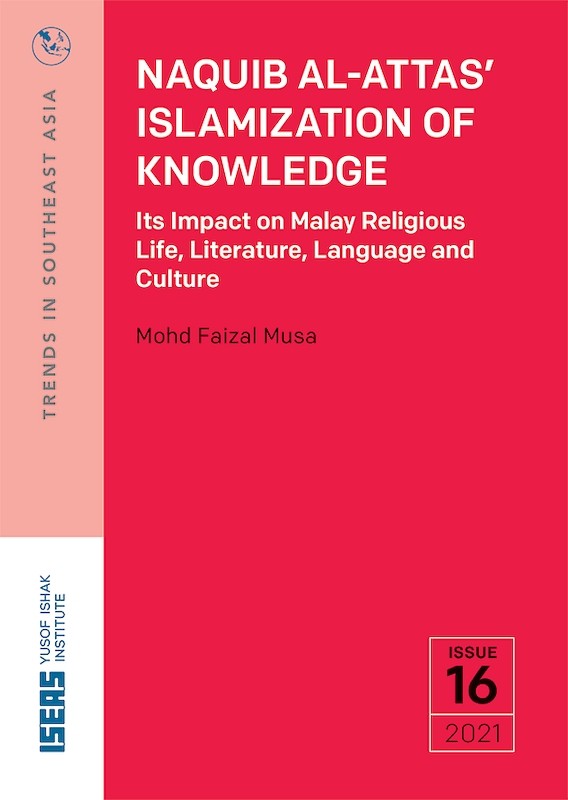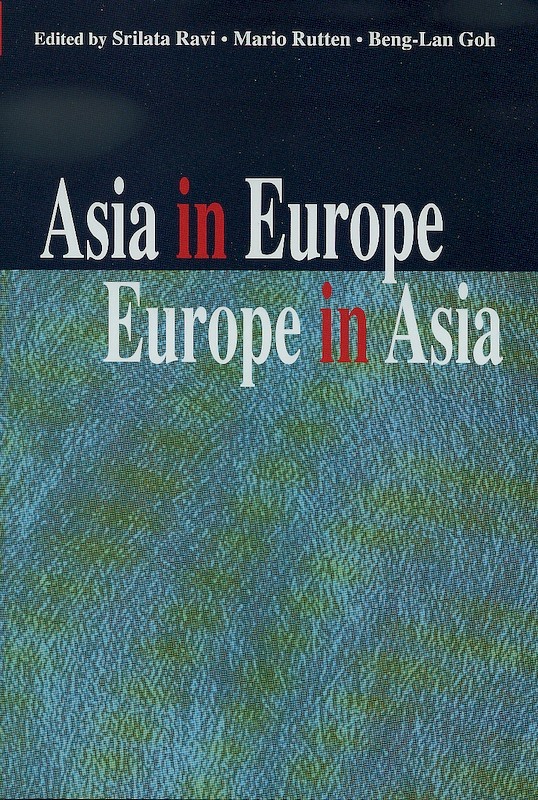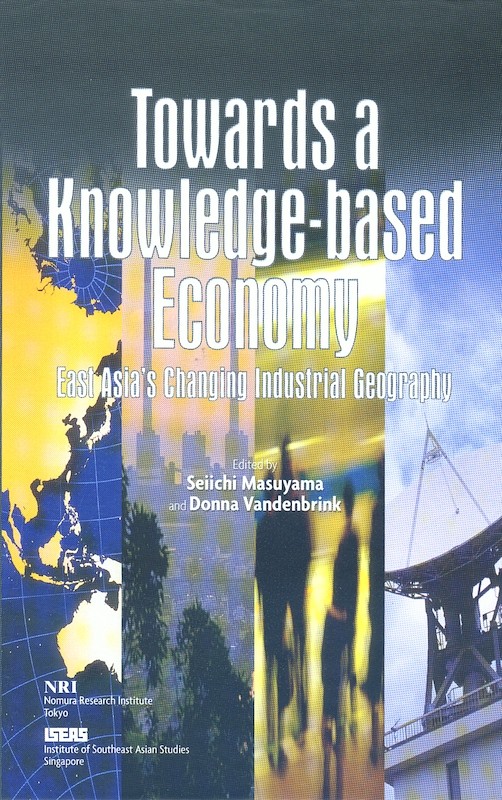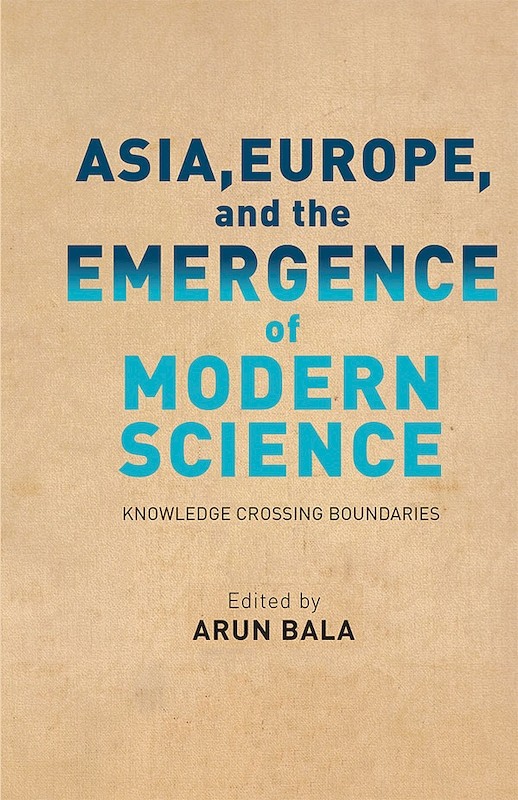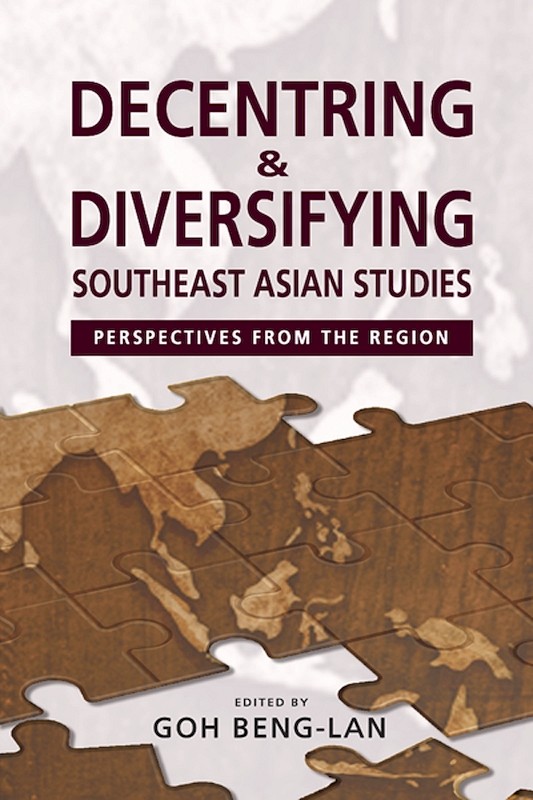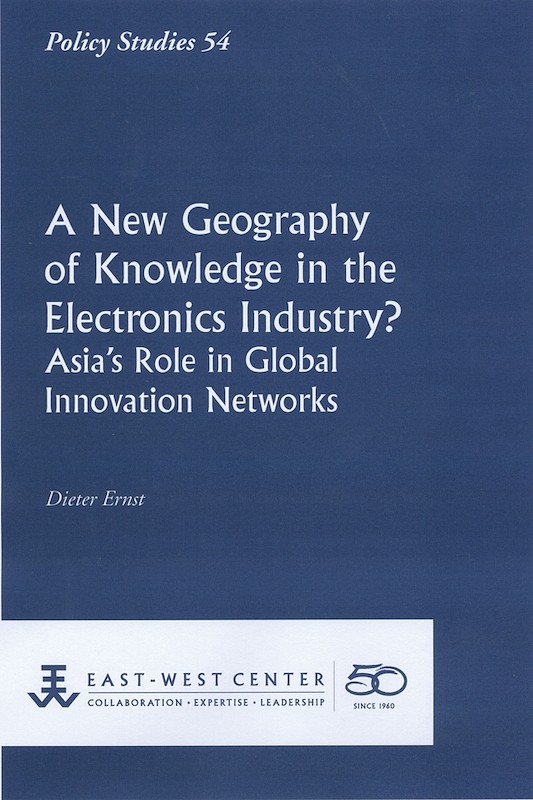The Politics of Knowledge
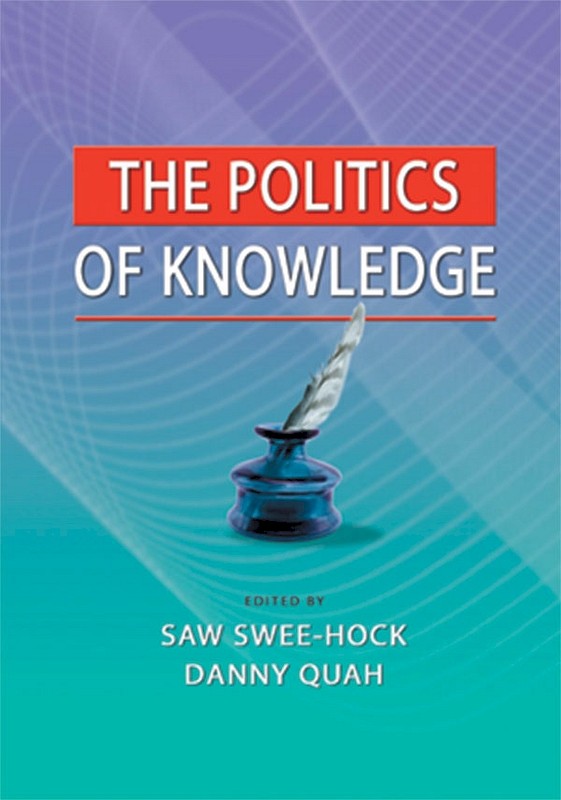
Date of publication:
2009
Publisher:
Institute of Southeast Asian Studies
Number of pages:
208
Code:
PIC186
Hard Cover
ISBN: 9789812309259
Reviews
"Among the volume's interesting and useful discussions, two stand out. The first is the idea that pursuing and sharing knowledge inevitably coincides with spreading and protecting human rights. Free and open process, unimpeded by powerful, entrenched and self-centred individuals and/or groups, can be 'a matter of fair application: the approach...has to be 'balanced'; double standards in the implementation of human rights are to be avoided' (44). That is, applications of the standards of freedom, openness, fairness and balance (or the absence of bias) can blend into struggles to advance human rights and efforts to bring about economic growth. The second is the notion that free and open inquiry leads to new ideas, new technologies and new and better ways to manage and organize human behaviour that combine to enhance economic growth, development and transformation" (Pacific Affairs).
About the publication
The publication of this book, comprising chapters written by distinguished scholars, is a timely recognition that these days we are bombarded by suggestions that knowledge is power, that we are operating in a knowledge economy, and that the greatest driver for financial growth and national development is the knowledge industry. There are more sources of knowledge available to a wider range of the worlds population than ever before. The Internet has made the dissemination of knowledge possible in ways not contemplated fifty years ago. National boundaries are crossed with consummate ease.
Knowledge is not like other assets. It can be accessed rapidly and used by thousands, often millions, of people. This makes knowledge as an asset that generated much of the wealth in the early development of most nations. And different countries and regions need different strategies to support and promote the growth of their knowledge economies. These call for nationally and regionally-based approaches, and they entail new dynamics and challenges in wealth creation, legal regulation, national and social organization and the protection of environmental and natural resources.
Issued jointly by the Institute of Southeast Asian Studies (ISEAS) and the London School of Economics and Political Science (LSE).
Knowledge is not like other assets. It can be accessed rapidly and used by thousands, often millions, of people. This makes knowledge as an asset that generated much of the wealth in the early development of most nations. And different countries and regions need different strategies to support and promote the growth of their knowledge economies. These call for nationally and regionally-based approaches, and they entail new dynamics and challenges in wealth creation, legal regulation, national and social organization and the protection of environmental and natural resources.
Issued jointly by the Institute of Southeast Asian Studies (ISEAS) and the London School of Economics and Political Science (LSE).
Contents
-
The Politics of Knowledge
[Whole Publication, ISBN: 9789812309334] -
Preliminary pages
-
1. Role of Knowledge in the Transformation of Asia, by Lee Hsien Loong, author
-
2. Understanding the Politics of Knowledge: The Asian Perspective, by Saw Swee-Hock, Mustafa Izzuddin, authors
-
3. Truth, Free Speech and Knowledge: The Human Rights Contribution, by Conor Gearty, author
-
4. Knowledge: The Driver of Economic Growth, by Danny Quah, author
-
5. Commerce vs the Common Conflicts over the Commericialisation of Biomedical Knowledge, by Nickolas Rose, author
-
6. A Global Deal on Climate Change, by Nicholas Stern, author
-
7. The Changing Politics of Religious Knowledge in Asia: The Case of Indonesia, by John Sidel, author
-
Index

